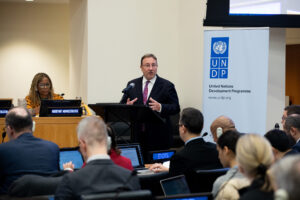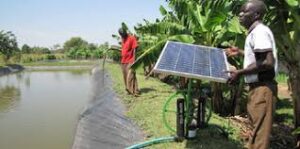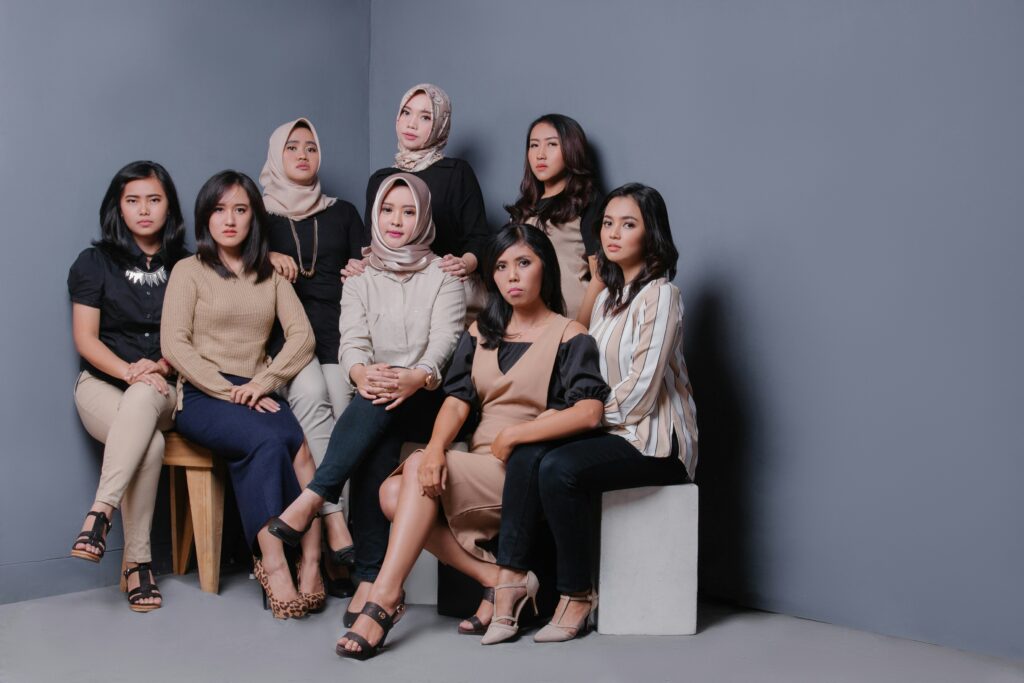Kenyan climate-tech startup SunCulture secured $5 million from WaterEquity’s newly launched Water & Climate Resilience Fund, the fund’s inaugural investment signaling institutional appetite for agricultural technology with proven farmer adoption metrics.
The 12-year-old company has deployed solar-powered irrigation systems to 45,000 smallholder farmers across Sub-Saharan Africa through a pay-as-you-grow financing model that removes upfront capital barriers. Co-founders Samir Ibrahim and Charlie Nichols launched SunCulture in 2013, positioning solar pumps as a direct replacement for diesel generators and manual irrigation in markets where grid electricity remains unreliable or unavailable.
WaterEquity, which focuses on water and sanitation infrastructure in emerging markets, chose SunCulture as its first climate resilience investment based on demonstrated unit economics in Kenya before regional expansion. The fund’s mandate requires portfolio companies to address both climate adaptation and measurable development impact—criteria that SunCulture’s dual value proposition of increased crop yields and clean water access satisfies.
The capital will fund manufacturing capacity expansion and market entry into Uganda, Ivory Coast, Ethiopia, Zambia, and Togo. SunCulture currently operates primarily in Kenya, where it has refined its financing model and supply chain over a decade of operations.
The company’s pay-as-you-grow model allows farmers to make payments tied to harvest cycles rather than fixed monthly schedules—a critical adaptation for agricultural customers with seasonal cash flow. This structure mirrors successful microfinance approaches in emerging markets but applies specifically to productive asset financing.
For climate-focused investors, the thesis centers on whether solar irrigation can achieve commercial scale without ongoing subsidy dependence. SunCulture’s ability to attract institutional capital from a water infrastructure fund rather than purely philanthropic sources suggests the unit economics may support venture returns.
Sub-Saharan Africa faces mounting agricultural productivity challenges as climate variability increases. Traditional diesel irrigation creates both cost volatility for farmers and emissions concerns for impact investors. Solar alternatives eliminate fuel costs and maintenance complexity while providing predictable operating expenses.
The 45,000 farmer deployment base provides SunCulture with operational data that de-risks expansion. Investors evaluating similar agri-tech plays in emerging markets should monitor whether the five-country expansion maintains customer acquisition cost efficiency and repayment rates established in Kenya.
WaterEquity has not disclosed its fund size or target returns, but the decision to launch climate resilience as a distinct investment vehicle indicates institutional recognition that climate adaptation infrastructure represents a distinct asset class from mitigation-focused cleantech.
Solar irrigation providers targeting smallholder farmers include India’s Claro Energy and Nigeria’s Consistent Energy, though comprehensive market share data remains limited. SunCulture’s decade of operational history and institutional backing position it as a regional consolidator candidate if the sector attracts acquisition interest from larger agricultural equipment manufacturers or development finance institutions seeking impact portfolios.
The $5 million round size suggests pre-Series A or Series A staging, though SunCulture has not disclosed previous funding rounds or current valuation. For impact investors, the key metric will be whether expanded manufacturing capacity and multi-country distribution can maintain the customer acquisition efficiency demonstrated in Kenya’s concentrated market.








